What Your Bellybutton Lint Reveals About You, According to Science
Here is what you might find and who is more likely to find it, according to researchers.

Ever wondered what that stuff in your belly button is? Anyone who has ever used a Q-tip to clean out their belly button has likely discovered some funky stuff in there. But what is it, exactly? There is actual scientific research dedicated to the topic of what collects in your innie or outie and it might gross you out.
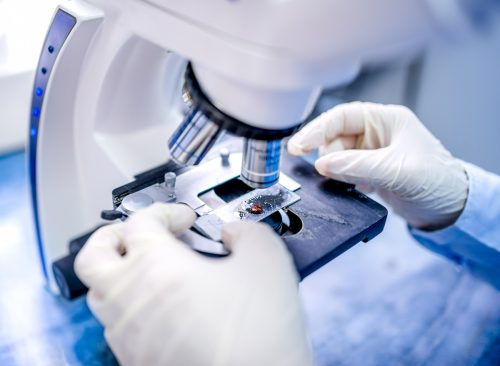
In a new article for The Washington Post, Trisha Pasricha, MD, examines the science of belly button lint, starting with a scientific study conducted by Georg Steinhauser of the Vienna University of Technology in Austria, who collected a whopping 503 samples of his own belly button lint over three years.

Lurking inside of his naval he found that bellybutton lint contains house dust, skin cells, and sweat in addition to the fibers of shirts.

He also collected samples from friends, family, and colleagues. From there, he learned that for belly button lint to accumulate, abdominal hair was a prerequisite. He also learned that older t-shirts or dress shirts were less likely to accumulate belly button lint.
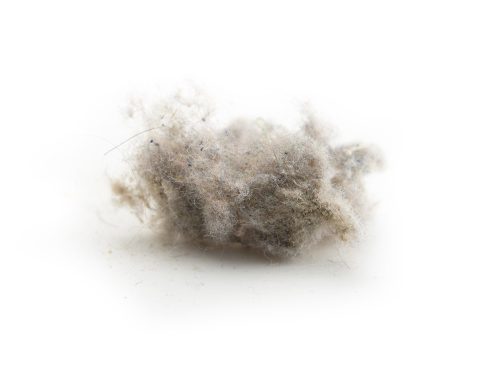
He came up with a surprising hypothesis: Those who collect belly button lint have more hygienic belly buttons than those who don’t because the belly button is taking in all the extra stuff instead of sticking to their skin.
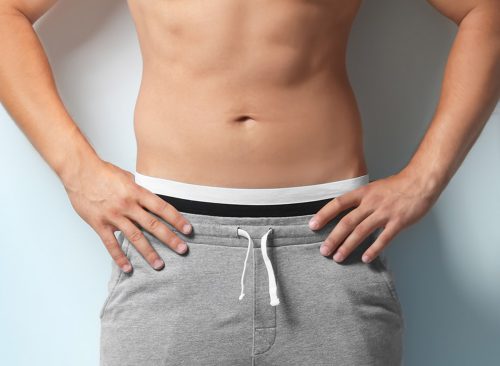
Another scientist, Karl Kruszelnicki of the University of Sydney in Australia, also found from a survey of 4,799 people that certain people are more likely to accumulate belly button link: Men, those with “innies” rather than “outies” and older people.
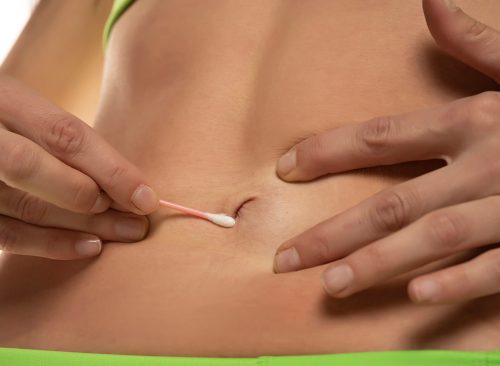
Link isn’t the only thing that accumulates in the belly button. They also trap oils and sweat, which can lead to infections. There can also be microorganisms, including Corynebacterium, a generally harmless microbe that nests in other moister areas of the body such as inside the nose and armpits.
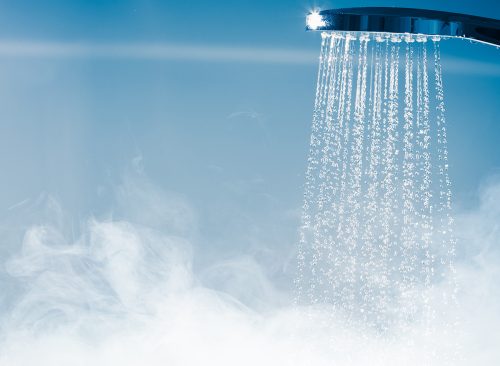
What should you do about it? Practice hygiene, Pasricha encourages. “From a medical perspective, we can all agree on certain practices like washing away any visible dirt or grime or hand-washing while preparing food or after using the toilet. Showering or bathing frequency is more subjective, however. When in doubt, check with your doctor,” she says.














